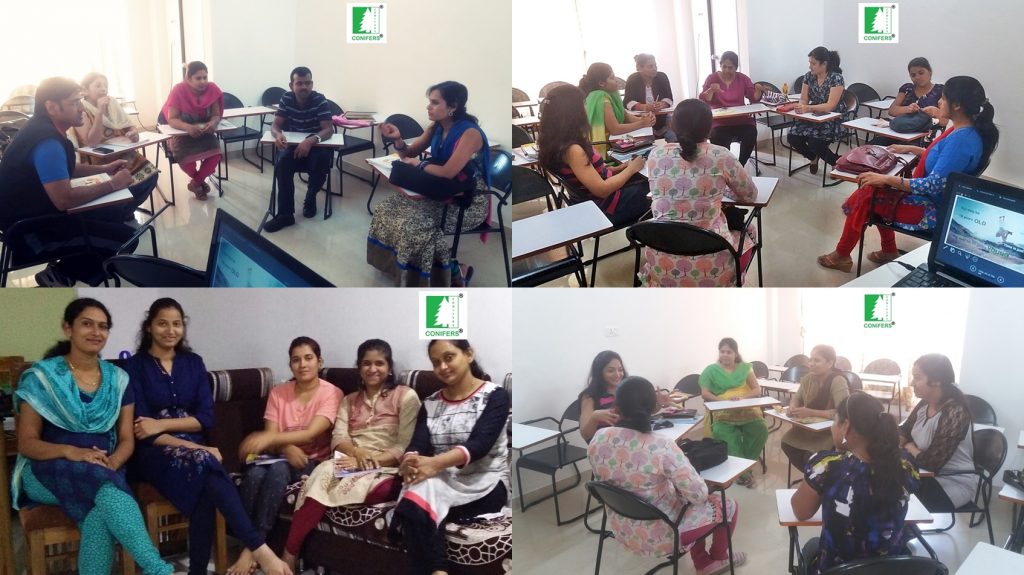Personality is a set of characteristics or patterns within the individual of the psychophysical systems that define a person by determining their characteristic behaviour and thinking, that is, the thoughts, feelings, attitudes and habits which in a very particular way, make that people are different from others. It is the sum of all of the biological dispositions, impulses, hereditary instincts plus the acquired dispositions.
The development of personality with Personality development courses in Pune is closely related to emotional education which can be defined with an educational process, continuous and permanent, and often transversal, whose objective is to enhance the development of people’s emotional competencies.
Keys to learning and personality development
Emotional intelligence moves in two basic spheres: the management and knowledge of our own emotions and feelings and those of others, developing empathic processes. Good emotional intelligence is not only reduced to one’s own deep knowledge of oneself and the rest, but the key issue lies in taking advantage of these feelings as a help and catalyst in achieving our goals, both personal and professional.
How to strengthen the personality?
Personality can be defined as a set of characteristics or patterns that make up the psychology of a person, including a wide spectrum of factors such as thoughts, feelings, attitudes, habits and types of behaviour of each individual. Therefore, joining Personality development classes in Pune is the result of a sum of behavioural patterns that are determined by very different factors – cognitive (intelligence), character or conative, temperament and also somatic sectors. But in addition to all this there is another important influence factor configured by the family and social context: parental influence, socio-economic level and the training centre and the education system in general.
From the moment of birth, each person has already marked some features of their own personality which will be structured over time, having a great influence on the individual’s interactions with other people and with their integration with groups and social structures. Therefore, from the classroom you can do a job with the students based on the following guidelines:
- Introduction to the learning curriculum of emotional intelligence and personality development, both specifically (specific subjects) and transversal (introducing the subject in other subjects).
- Implement activities of all kinds (games, debates, exercises) that, from the first courses of early childhood education, help students to acquire a greater knowledge of their own emotions and to identify those of others.
- Develop abilities to regulate one’s emotions
- Prevention of the pernicious effects of negative thoughts.
- Make the students capable of understanding their own potential capabilities.
Personality development works even deeper
The main problem of a person who does not feel personality is that he has not yet identified himself. For this reason, emotional education is an essential educational innovation today to give satisfaction to a series of personal and social needs that are not sufficiently met through the contents of ordinary academic subjects. If we achieve generations of students with strong personality, we will be creating citizens capable of successfully facing challenges and problems, both individual and social, with a greater sense of justice and impregnated with democratic values.
The study of personality has been of great importance since it has based bases in psychology to determine the normal or abnormal patterns in the behaviour of an individual. These help to prevent, diagnose and adequately treat behaviours similar to those studied. Personality development is not madness. This is one of the worst idea that people usually have. It is important because it will groom your inner personality so that you can stay stronger outside, can face any challenges – in short, it is you who will be able to know yourself in a better way.



